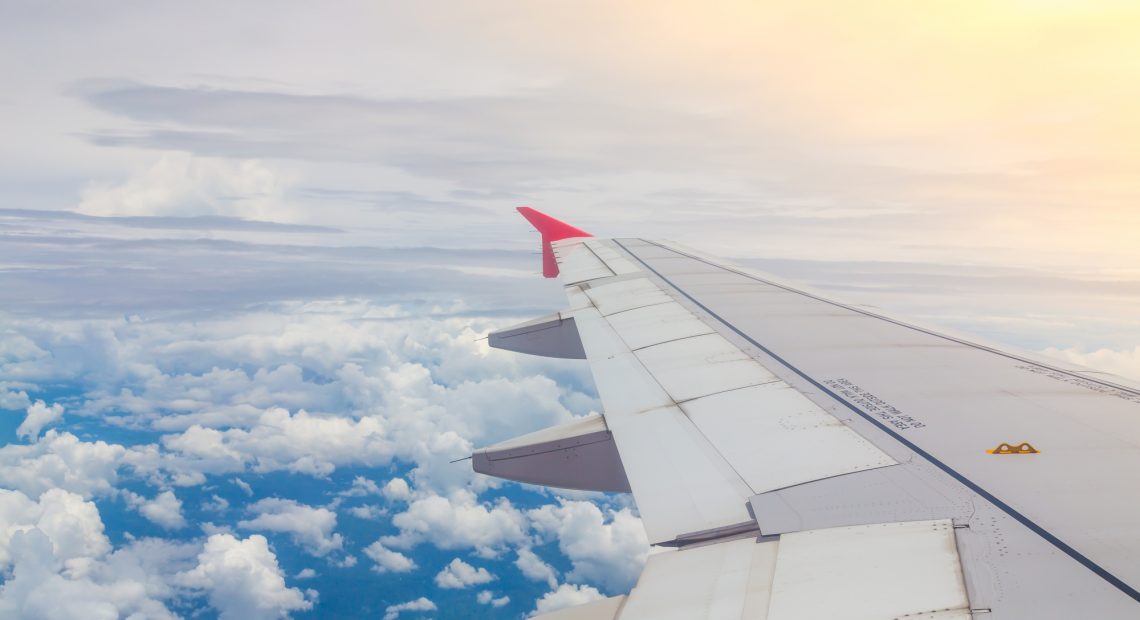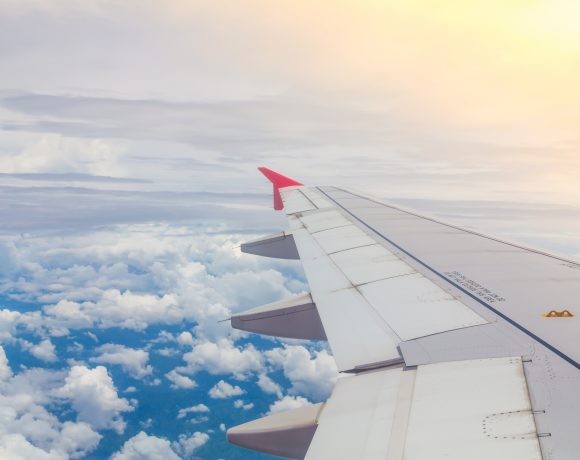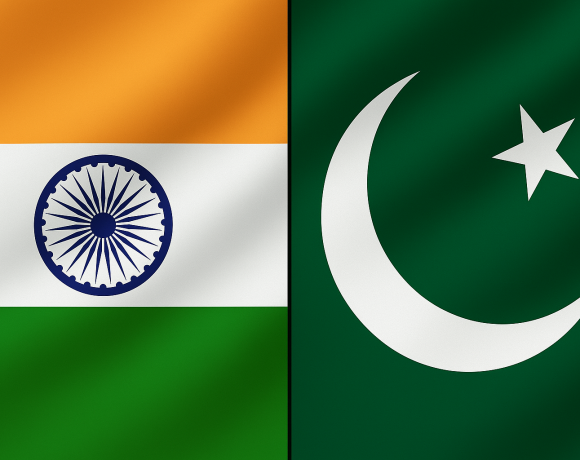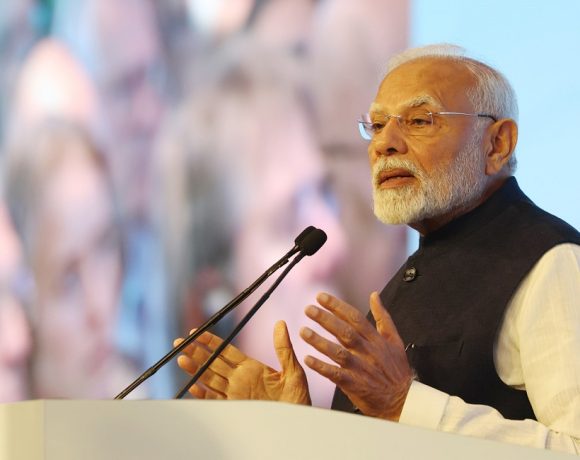
India Bars UN Observer from Air India Crash Investigation
India has denied entry to a United Nations aviation expert proposed by the International Civil Aviation Organization (ICAO) to observe the ongoing investigation into the crash of Air India Flight AI-171 near Ahmedabad. The decision, taken without public explanation, has drawn attention from international aviation circles and triggered debate over transparency in the handling of one of India’s worst air disasters in recent years.
The crash, which occurred on June 12 and involved a Boeing 787 Dreamliner, resulted in dozens of fatalities and prompted a high-level inquiry by India’s Aircraft Accident Investigation Bureau (AAIB). While ICAO typically offers expert observers under provisions of Annex 13 for serious incidents, their involvement requires host country approval. India, sources confirm, chose not to accept the ICAO expert’s presence.
Questions Over Transparency and Timelines
Critics of the move argue that refusing international oversight raises concerns about the openness of the investigation. Although India has emphasized that the AAIB is operating within ICAO protocols, delays in key procedural steps have invited further scrutiny. The flight data recorder and cockpit voice recorder, recovered within days of the crash, remained undecoded for nearly two weeks, with the analysis only beginning around June 25.
Officials have not clarified whether the decoding is being done entirely within India or with foreign assistance. The civil aviation ministry has publicly stated that no black box components were sent abroad, but left open the possibility of consulting overseas labs “if required.”
ICAO Role and Global Precedents
In past aviation disasters—such as Malaysia Airlines MH17 and Ukraine International Airlines Flight PS752—host nations requested ICAO involvement, often to bolster public and international trust. India’s decision to go it alone contrasts with those precedents and raises questions about whether excluding the UN observer was a strategic or political decision.
Despite the concerns, the AAIB has said a preliminary report will be released within 30 days of the crash, and that all steps are being taken in compliance with global aviation norms. Nonetheless, with the scale and severity of the incident, aviation safety experts believe international collaboration would only enhance the investigation’s credibility.
The spotlight is now firmly on India’s handling of the AI-171 probe. While asserting national control over sensitive inquiries is not uncommon, the absence of third-party oversight in such a high-profile case risks undermining public confidence and invites further scrutiny of India’s adherence to international aviation transparency standards.


















